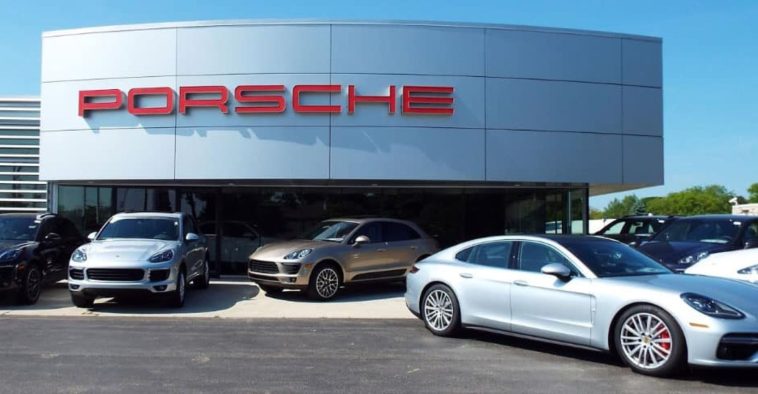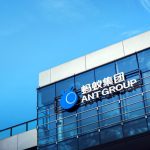On December 17th, reports surfaced in the market suggesting that Porsche had initiated layoffs in its China division, with a 10% cut in permanent staff and a 30% reduction in outsourced workers, offering a compensation plan labeled as “N+6”.
While a source close to Porsche China confirmed the layoff news to Chinese media outlet Jiemian, stating a 30% reduction and a potential compensation of “N+3”, Porsche China’s official statement denied the layoffs in the Chinese region and related information. However, they did acknowledge internal restructuring and optimization. The official statement mentioned efforts to enhance departmental efficiency, optimize costs, and implement measures concerning both direct and indirect labor costs based on actual circumstances.
This year, Porsche had aimed to maintain stable sales and boost profits through a new product offensive. At the Beijing Auto Show, Porsche unveiled a China-exclusive model Taycan 4 and a new all-electric model MACAN with a starting price of 728,000 RMB, the most affordable electric model in Porsche’s lineup. However, these products did not yield significant gains for Porsche and instead led to a situation where sales and pricing were out of sync.
Due to a lack of effective transition to new energy and a tightening luxury car market, Porsche’s deliveries in China dropped by 30% in the first three quarters of this year, totaling 43,200 units, placing it behind North American and European markets. China had been Porsche’s largest single global market for eight consecutive years.
According to Volkswagen Group’s third-quarter financial report data, Porsche’s operating profit in the first three quarters was 974 million euros, a sharp 41% year-on-year decline. Its operating profit margin fell to 10.7%, below the company’s mid-term profit margin target of 17% to 19%.
The insider revealed that misjudgments in market conditions due to the pandemic and the semiconductor crisis led Porsche to overestimate the situation in a supply-constrained market environment. The company aggressively expanded its dealer network and set high new car sales targets. However, Porsche failed to adjust promptly when market sentiment shifted. Dealers frequently resorted to price cuts and promotions to clear inventory, directly impacting Porsche’s luxury brand image.
In September, Porsche China’s newly appointed CEO, Pan Lichi, prioritized shrinking Porsche’s sales network in China after 100 days of intensive research. By 2026, Porsche’s sales network in China will be reduced from the current 150 dealerships to 100.
In a public interview, Pan emphasized the necessity of optimizing the dealer network to ensure partners’ profitability in the local market amid declining customer demand and sales. He believed that in times of weak sales, it was more crucial to maintain brand value and quality than blindly pursue sales targets.
Due to losses incurred from selling cars under high sales targets last year, Porsche dealers’ average sales return rate dropped from 5.5% in 2022 to 1.9% in the first 10 months of this year. At the beginning of this year, during the Porsche China dealers’ conference, three Porsche China dealers—Xinfengtai, Bairdley, and Meidong Group—demanded compensation from Porsche China for losses incurred by dealerships from selling new cars.
The Chinese automotive consumer market differs significantly from that of Germany and Europe. China leads in the development of intelligent electric vehicles globally, and consumers favor products infused with technological elements. Luxury car manufacturers accustomed to developing global products through platformization find it challenging to introduce products using the same old model in China and need to make subtle adjustments to meet the discerning demands of Chinese luxury car consumers.
Furthermore, the essence of luxury cars has evolved. The brand power of traditional luxury cars was rooted in their technological prowess during the era of internal combustion engines, including parameters like 0-100 acceleration, high-power engines, and superior handling. However, these technological barriers have been broken in the era of electric vehicles, with such features and configurations now found in Volkswagen models priced below 300,000 RMB.
To continue proving its brand’s premium capability in the Chinese market, Porsche aims to enhance localization and research and development efforts, following Volkswagen’s example. Recently, Porsche established a new technical department in China to oversee the brand’s research and development work in the country. Li Nan, a local technical talent with experience in information entertainment, big data, and artificial intelligence, was appointed as the Vice President of the Chinese Technical Department.
SEE ALSO: NIO’s Third Brand ‘Firefly’ Officially Announced
Sign up today for 5 free articles monthly!





GIPHY App Key not set. Please check settings